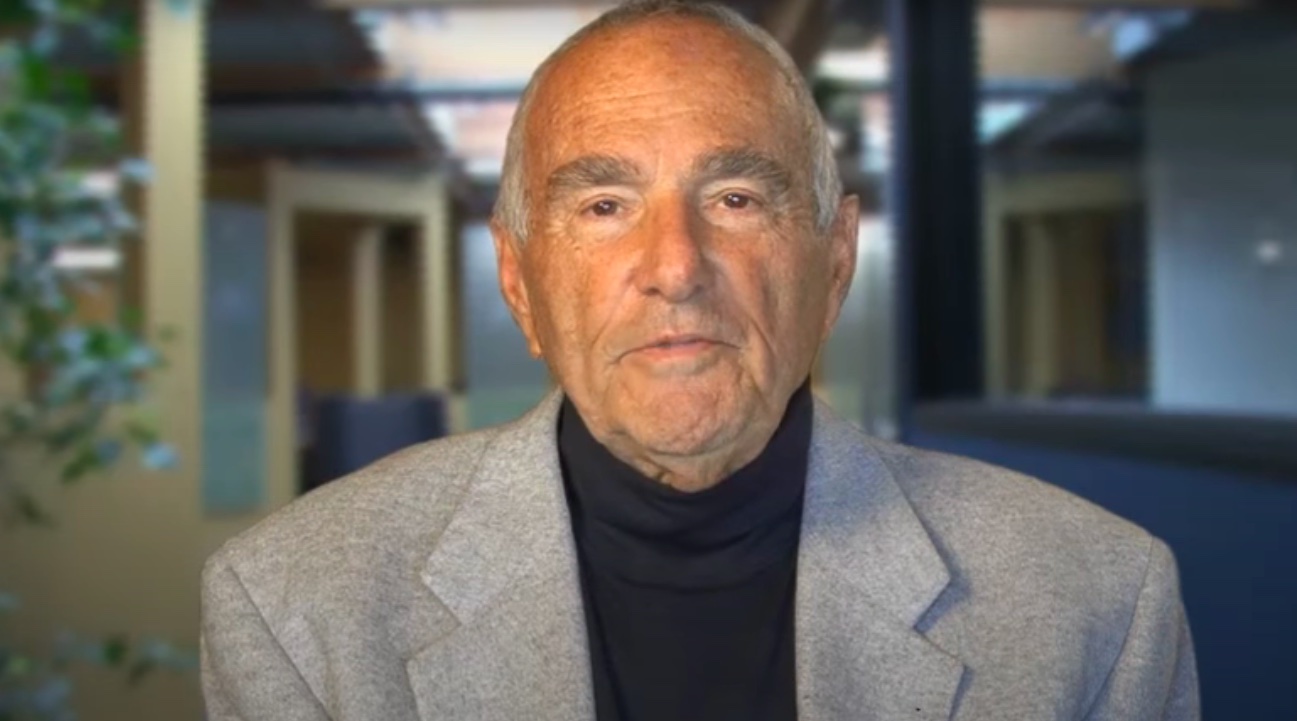MGM+’s ‘Hotel Cocaine’ centers on the activities within the confines of the infamous Hotel Mutiny. The protagonist is Roman Compte, the general manager of the place, who is forced by the DEA to join the cocaine smuggling gang of his estranged brother in exchange for the safety of his family. While Roman is busy with that, his employer, Burton Greenberg, is busy trying to save his precious hotel. Considering that the hotel is real, the question about its owner’s identity in the show is bound to arise.
Hotel Cocaine Changes the Name of Mutiny’s Owner
While it is inspired by real places and events, ‘Hotel Cocaine’ remains a heavily fictionalized rendering of the late 1970s Miami and the criminal activities that brewed within the city. In doing so, the show draws upon real people but takes creative license when it comes to depicting their story, and this is what happens with the man who used to run Hotel Mutiny. In the show, his name is Burton Greenberg, but in real life, his name was Burton Goldberg.
Born in September 1926 in Paterson, New Jersey, Burton Goldberg established himself as “one of the founding fathers of Miami’s nightlife.” When the reins of Hotel Mutiny came into his hands, he transformed it from a little-known private club to a place that flowed with cash and cocaine and became infamous for its hedonistic lifestyle. Called Miami’s Hugh Hefner, Goldberg was said to have “exacting standards” about the kind of people he would let into the hotel. Despite the well-known reputation of the place, he made sure that the hotel’s business never suffered because of it.
Reportedly, when he was approached by Brian De Palma, who wanted to use the hotel for the shooting of his film, ‘Scarface,’ Goldberg rejected the idea because he thought it would damage the image of the hotel. He was said to have been fiercely protective of the place, but eventually, as financial troubles started to set in, with the increased criminal activities surrounding the place, things got out of Goldberg’s hands. For Goldberg, all the time he spent at the hotel and all the things he saw and did there warranted a book, but he refrained from talking about it too much. When he moved on from the hotel, he left it behind for good.
How did Burton Goldberg Die?
Burton Goldberg died on November 13, 2016, at his home in Tiburon, California, at 90 years of age. He left behind his children Abbey and Blake and his grandchildren Margaux, Ryan, and Brittany. He is also remembered fondly by his partner, Pearle.

While Goldberg’s name may have been connected to the notorious hotel, he didn’t let it haunt his future. In 1984, Mutiny was sold for $16.8 million, and Goldberg washed his hands of it completely. He left Miami and moved to California in 1990. This is where he discovered a passion for alternative medicine, something that he would stick to till the end of his days. Talking about such an unexpected flip in his career, he explained that his interest in the subject stemmed from an incident with his then-girlfriend’s daughter. The teenager had attempted suicide and was in therapy, but it didn’t seem to be working for her. Later, it was found that she was hypoglycemic, and some much-needed changes in her diet and lifestyle brought her back on track.
This introduced Goldberg to the concept of alternative medicine, and he spent the rest of his life working on it. According to his granddaughter, it was his work in alternate medicine that gave him a real sense of pride and accomplishment, as it allowed him to help people in a much more concrete way. To his credit, Goldberg dedicated two decades of his life to completely immersing himself in the topic, with his research taking him from California to places like Russia, Mexico, and Israel.
As spokesperson for alternative medicine, he appeared on several programs on CNN, PBS, and NPR, to name a few. He also appeared as a speaker at the Berkeley School of Public Health, the Commonwealth Club of California, the Young Presidents’ Organization, the World Presidents’ Organization, and the Learning Annex. Additionally, he also authored and co-authored several books on alternative medicine and sold more than 1.5 million copies of his books, which include titles like ‘Longevity: A Practical Guide,’ ‘Weight Loss: An Alternative Medicine Definitive Guide,’ and ‘Chronic Fatigue, Fibromyalgia, and Lyme Disease,’ along with books about women’s health, magnet therapy, arthritis and cancer, to name a few.
Read More: Best Drug Addiction Documentaries on Netflix


You must be logged in to post a comment.